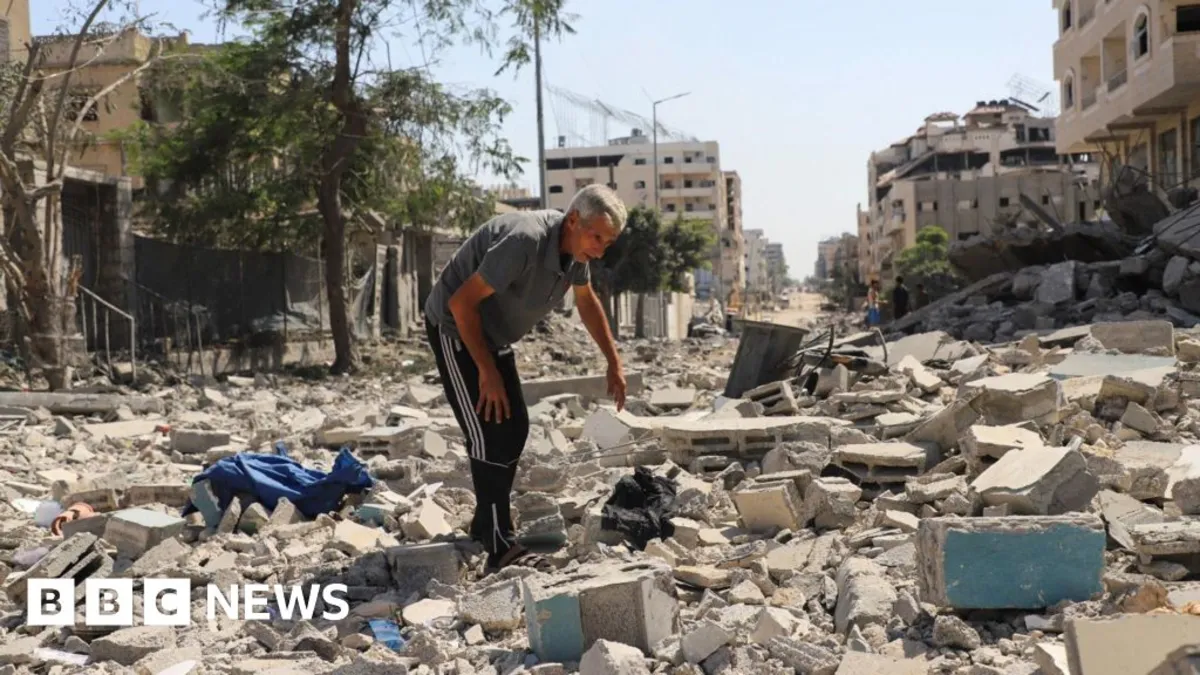
In a significant diplomatic development, indirect talks aimed at finalizing a US peace plan to resolve the ongoing conflict in Gaza have commenced in the Egyptian city of Sharm El-Sheikh. According to reports from Palestinian and Egyptian officials, these discussions are primarily focused on establishing the necessary conditions for a potential exchange that could lead to the release of all Israeli hostages in return for a number of Palestinian prisoners.
Hamas has indicated its partial agreement with the proposed peace plan but has not yet addressed several critical demands, including its disarmament and its future role in Gaza. Israeli Prime Minister Benjamin Netanyahu expressed hope on Saturday that an announcement regarding the release of hostages could be made shortly. The current discussions are deemed to be among the most vital since the war began, potentially paving the way toward a resolution of the conflict.
Notable attendees at these crucial talks include US special envoy Steve Witkoff, Jared Kushner—son-in-law of former President Donald Trump—and Qatari Foreign Minister Sheikh Mohammed bin Abdulrahman Al Thani. Trump has publicly urged the parties involved in the negotiations to expedite their efforts, stating via social media that he has been informed that the first phase of the peace plan, which encompasses the hostage release, should be finalized within the week.
The 20-point peace plan, formulated by US President Donald Trump and Israeli Prime Minister Benjamin Netanyahu, calls for an immediate cessation of hostilities and the release of 48 hostages, of whom only 20 are believed to be alive. In exchange, the plan proposes the release of hundreds of Palestinian detainees. According to the plan, once both parties agree to the terms, full humanitarian aid would be immediately dispatched to the Gaza Strip.
One of the more contentious aspects of the peace plan is its stipulation that Hamas would have no role in governing Gaza, while also leaving the possibility open for the establishment of a future Palestinian state. However, shortly after the plan's public announcement, Netanyahu reiterated his strong opposition to the creation of a Palestinian state, asserting in a video statement, "It's not written in the agreement. We said we would strongly oppose a Palestinian state."
On Friday, Hamas issued a statement regarding the peace proposal, expressing its willingness to release all Israeli prisoners, both living and deceased, as per the exchange formula outlined in Trump's proposal, contingent upon the fulfillment of appropriate conditions for the exchanges. While the statement did not explicitly accept Trump's 20-point plan, it reiterated Hamas's commitment to transferring governance of the Gaza Strip to a Palestinian body of independent technocrats, grounded in Palestinian national consensus and supported by Arab and Islamic allies.
Importantly, the statement from Hamas did not address one of the key demands of the peace plan: agreement to disarmament and the relinquishing of any further governance role in Gaza. Instead, it mentioned that discussions concerning the future of Gaza and the rights of the Palestinian people are still ongoing within a broader national framework, which Hamas intends to be part of.